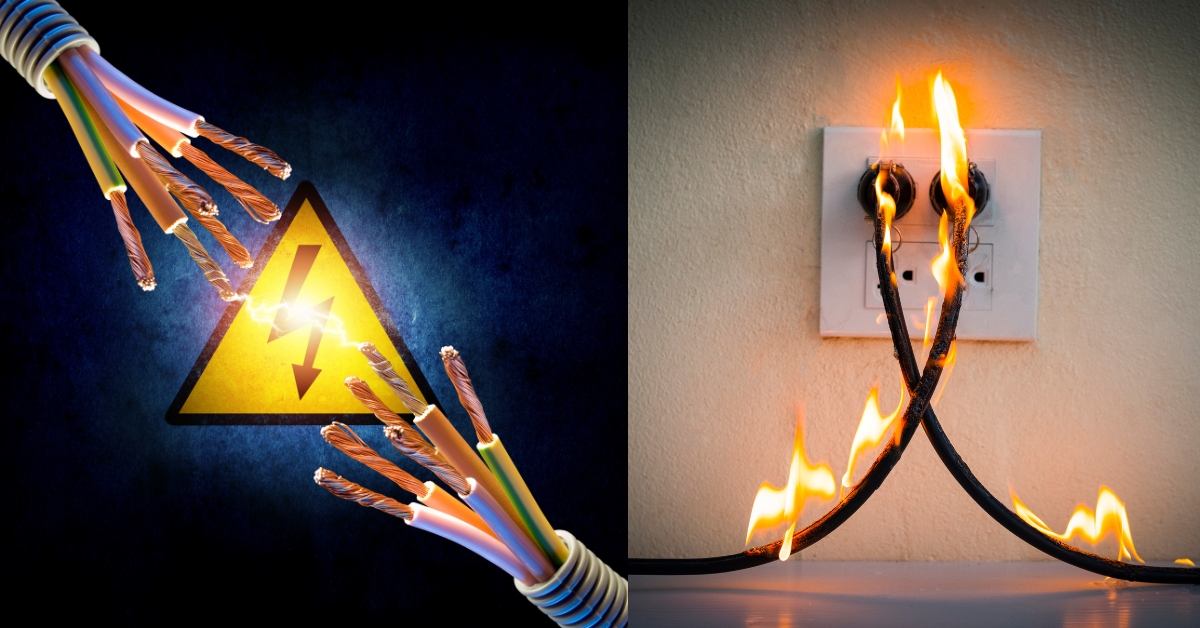
What Are Advanced Control Systems?
Advanced control systems refer to integrated electrical and communication networks that govern multiple aspects of a building’s functionality. These include lighting, HVAC, fire alarms, security systems, access control, data communication, and more. They utilize smart sensors, programmable controllers, and efficient wiring methods to deliver real-time monitoring, automation, and optimal energy use. By replacing outdated standalone systems with interconnected solutions, buildings become more efficient, secure, and ready for future technological enhancements.
The Need for Future-Proofing
With increasing energy costs, rising safety concerns, and the growing importance of sustainability, traditional electrical setups no longer suffice. Future-proofing ensures that buildings can be upgraded easily without major structural changes. It also prepares properties to integrate smart technologies like IoT, AI-driven energy analytics, and remote building management systems. This shift not only supports current operational needs but also accommodates the digital ecosystem of the future.
Advantages of Implementing Advanced Control Systems
Implementing such systems brings a multitude of benefits across various sectors. Here are some of the key advantages:
- Energy Efficiency: Smart lighting and HVAC controls adjust based on occupancy and environmental factors, drastically reducing energy consumption.
- Enhanced Safety: Integrated fire alarms, CCTV, and access control systems offer a unified safety net, minimizing human error and response times.
- Scalability: Modular system design allows easy upgrades and additions without disrupting existing setups.
- Remote Management: Facility managers can monitor and control building systems from anywhere, improving responsiveness and operational efficiency.
- Data-Driven Insights: Advanced analytics help in predictive maintenance and operational optimization by collecting real-time data from connected devices.
Where Do These Systems Fit in Today’s Infrastructure?
Modern smart buildings, green-certified projects, hospitals, educational institutions, and data centers are increasingly adopting these systems. From ensuring patient safety in hospitals to streamlining communication in corporate offices, advanced control networks support a wide range of applications. Their presence is often hidden behind walls and ceilings, yet their impact is felt throughout every corner of a modern structure.
The Role of Low Voltage and Communication Systems
A critical part of these smart infrastructures lies in the deployment of low voltage and signal-based systems. These include data networks, audio-visual setups, public address systems, and surveillance—all crucial for a fully functional modern building. A professionally engineered Low Current System In India ensures reliable signal transmission and uninterrupted operation of these sub-systems, acting as the digital nervous system of the building.
How to Ensure Reliable Installation?
Choosing the right electrical solutions provider is fundamental to successful implementation. The installation process must be precise, compliant with safety norms, and adaptable for future modifications. That’s where experts like Manikaran Enterprises come in. With proven industry experience and a strong portfolio of high-performance installations, the company has positioned itself as a leader in integrated building solutions. For those seeking advanced building automation and integrated systems, connecting with the Top Electrical Solution Company in Rajasthan can significantly reduce future operational risks and ensure long-term value.
Driving Sustainability Through Smart Systems
Buildings are among the largest consumers of energy worldwide. Through intelligent system design, energy wastage can be minimized, and sustainable practices can be incorporated at every level. Smart sensors, automated lighting, energy monitoring, and efficient HVAC systems contribute to reduced carbon footprints and energy savings—key goals for governments and private developers alike.
Conclusion
Future-proofing is not a luxury but a necessity for today’s infrastructure. Advanced control systems not only elevate building intelligence but also offer operational savings, greater security, and adaptability to future demands. The integration of smart technologies, backed by strong technical partnerships, ensures that buildings remain efficient and relevant for decades to come. For businesses and developers aiming to lead in sustainable, modern infrastructure, aligning with experienced solution providers like Manikaran Enterprises ensures a smooth and forward-looking transition.